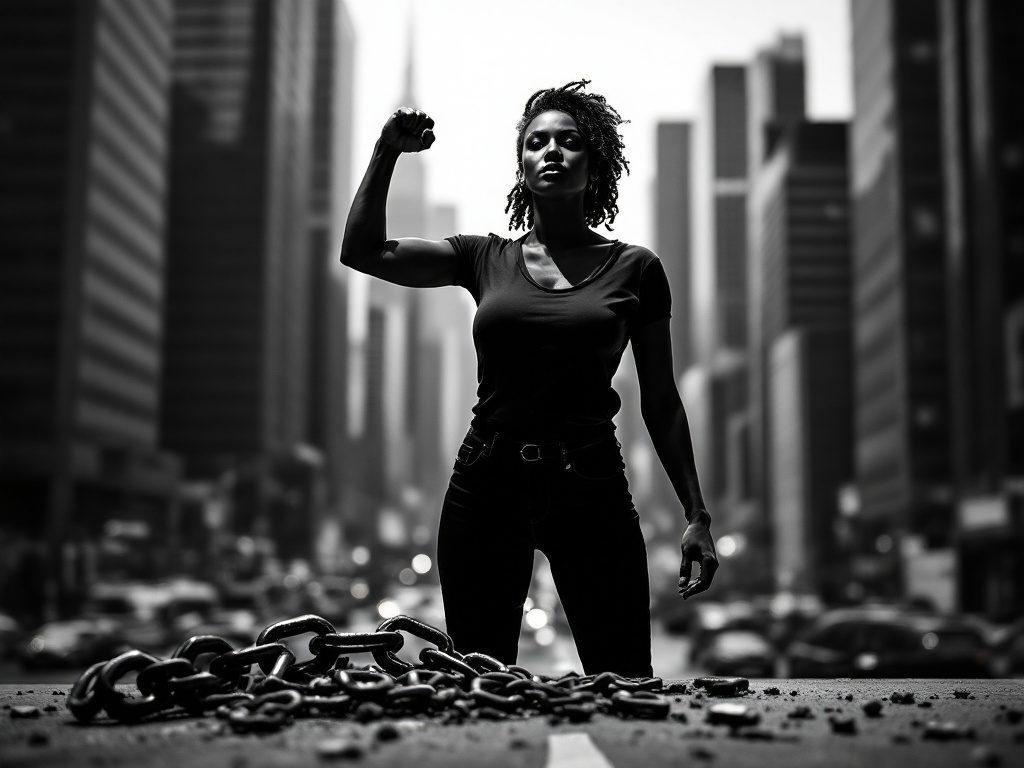Rewriting History: When a Conviction Isn’t Final
The headlines made it seem inevitable: Harvey Weinstein, architect of Hollywood power and infamy, convicted for crimes exposed by brave women who ignited the #MeToo movement. Yet, five years after the world watched as Weinstein was imprisoned, he sits again before a judge and jury in a retrial shaped as much by legal technicalities as by the courage of his accusers. The reversal of his conviction—23 years for rape and sexual abuse—was not about his guilt or innocence, but about judicial errors and what the New York appeals court deemed “prejudicial testimony.” Groundbreaking social movements often collide with the intricate gears of jurisprudence, and this case is no exception.
On Tuesday, Miriam Haley, the first of three women scheduled to testify, returned to the witness stand—this time with even higher stakes. Haley’s journey began halfway across the globe in Finland and Sweden; an aspiring performer whose early years were marked by personal adversity and, as she recounted to the court, “physical abuse” endured as a child. At every step, her testimony was contested—not just by Weinstein’s battery of attorneys, but by a legal framework that frequently doubted, dissected, and dismissed the experiences of survivors. Yet Haley persisted, navigating the relit courtroom with the same resolve shown by so many in the #MeToo movement.
Manhattan District Attorney Alvin Bragg watched from the gallery, the weight of public expectations and the future of high-profile sexual assault prosecutions poised on the outcome. Gloria Allred, women’s rights attorney and a recurring presence in American legal battles involving sexual assault, sat in quiet support as the system attempted—yet again—to deliver justice.
#MeToo’s Next Crossroads: Testimony and Tactics
Haley’s story is well known, echoing throughout both the original courtroom and countless news cycles: In 2006, while working as a production assistant on a prominent film set, she says she was assaulted—Weinstein, she alleges, forcibly performed oral sex on her at his New York City apartment. This core accusation remains unchanged, but the legal tactics have shifted. Weinstein’s defense is laser-focused on the boundaries of permissible testimony, seeking to challenge every detail as biased or irrelevant. This strategy reflects the relentless difficulties sexual assault survivors face when reliving trauma on the stand—trials in which the accused, not the accuser, appear shielded by presumption and protocol.
“Retraumatization is not rare but routine,” says Dr. Judith Herman, Harvard Medical School professor and pioneer in the study of trauma. “Our system was not designed for the experiences of survivors; it was designed for an adversarial search for facts, not truth.” The appeals court’s ruling, rooted in concerns about outside testimony and the introduction of testimony from women not directly named in the charges, serves as a chilling reminder that procedural nuances can easily outweigh moral clarity. Weinstein goes on trial not just for what is widely believed, but for what fits neatly within the prescribed boxes of criminal law.
Beyond Haley’s testimony, the stakes are heightened by the addition of Kaja Sokola, a former model whose allegation—the forced oral sex at a Manhattan hotel in 2006—was excluded from the first trial. Sokola’s presence marks a new chapter, one where overlooked voices demand their day in court. Meanwhile, Jessica Mann, an actress whose account of rape by Weinstein in 2013 also anchors the proceedings, underscores the breadth, and heartbreak, of the accusations. The very structure of this retrial spotlights a system at war with itself: torn between precedent and progress, justice and the status quo.
Justice on Trial: The Broader Impact of Weinstein’s Retrial
Courts do not exist in a vacuum. The #MeToo movement offered a rare instance of collective reckoning—a call for accountability regardless of fame or fortune. Haley’s hesitation to testify again reveals the personal costs exacted by these high-profile battles. Friends she confided in have already faced the jury, offering essential confirmation to a story too often met with skepticism outside supportive circles. That skepticism is mirrored in the proceedings: Weinstein’s lawyers, emboldened by the overturned conviction, press every advantage, seeking to sow doubt and confusion.
“Retraumatization is not rare but routine. Our system was not designed for the experiences of survivors; it was designed for an adversarial search for facts, not truth.”
— Dr. Judith Herman, Harvard Medical School
How often have we heard the refrain: “Her memories are inconsistent,” “Why come forward now?” or “Why didn’t she fight back?” According to a 2022 Pew Research Center study, these questions reflect not just legal skepticism but broad societal disbelief—a disbelief the #MeToo movement has worked tirelessly to dismantle. The legal setbacks in Weinstein’s case have emboldened critics eager to downplay sexual assault claims as hysteria or opportunism, while his defenders trumpet due process as a shield against what they consider “media lynching.”
A closer look reveals a truth progressives have long argued: True justice for survivors requires a system willing to believe, not just to process. Real change demands more than a retrial; it requires a revolution in how victims are perceived and protected. Weinstein’s defense, however expert, cannot erase the widespread impact of the stories told by Haley, Mann, and Sokola—stories reflected in workplaces, communities, and households far beyond the Manhattan courtroom. The message is clear: What happens in that wood-paneled room will resonate wherever women struggle to be heard and believed.
Social justice is not a “moment” but a movement—one with setbacks, retrials, and, perhaps, ultimately, its own retrial of the system that allowed abuse to endure at all. In challenging the system on its own terms, Haley and her fellow accusers ensure that their truth, unlike the convictions of the powerful, will not be so easily overturned.

